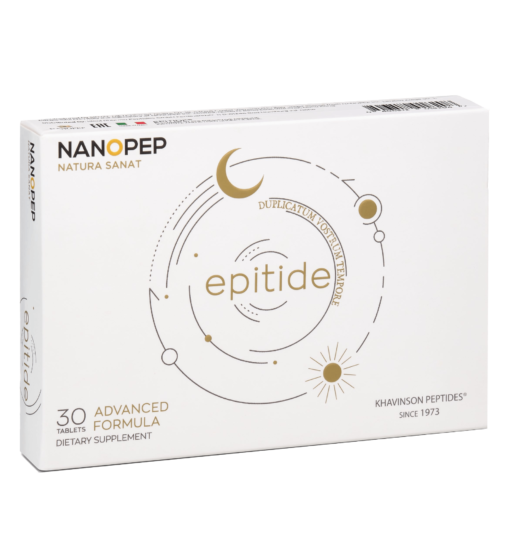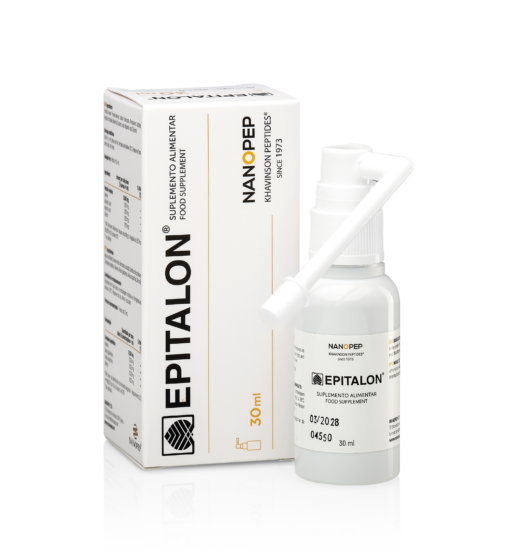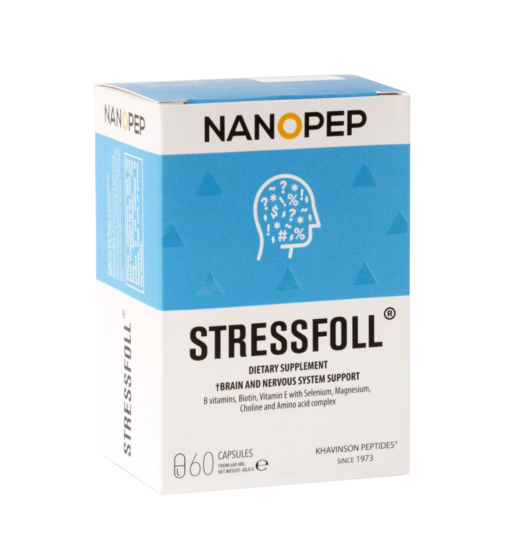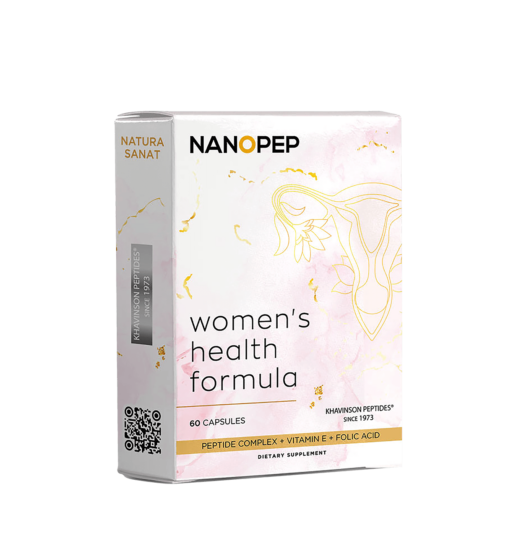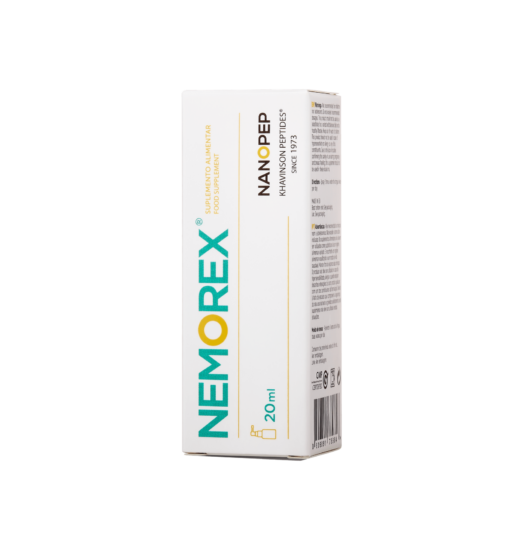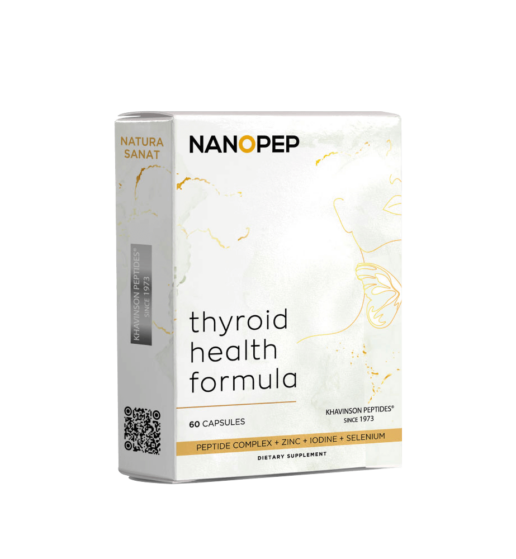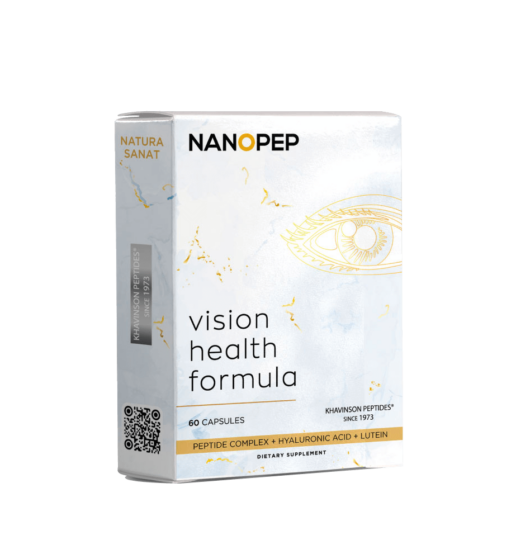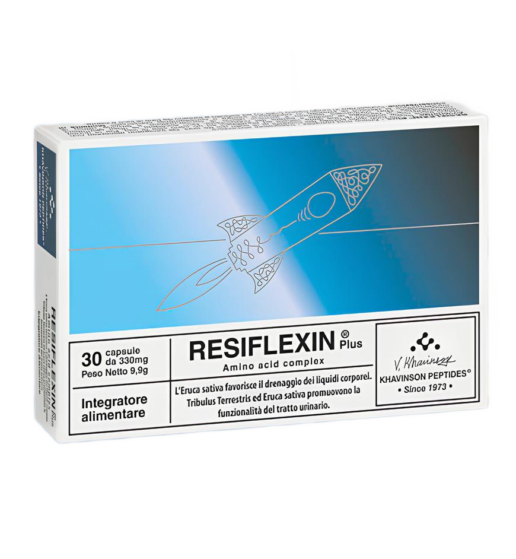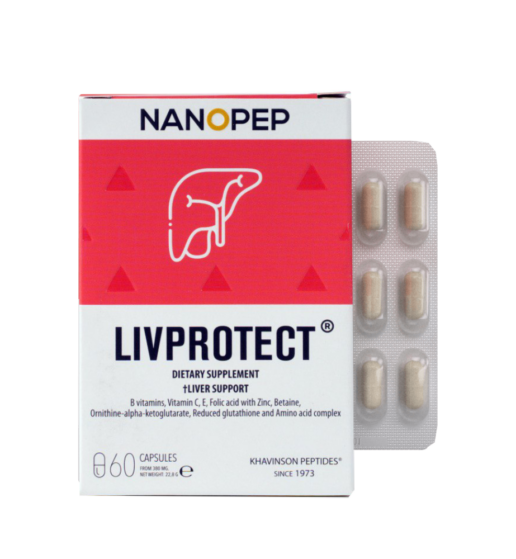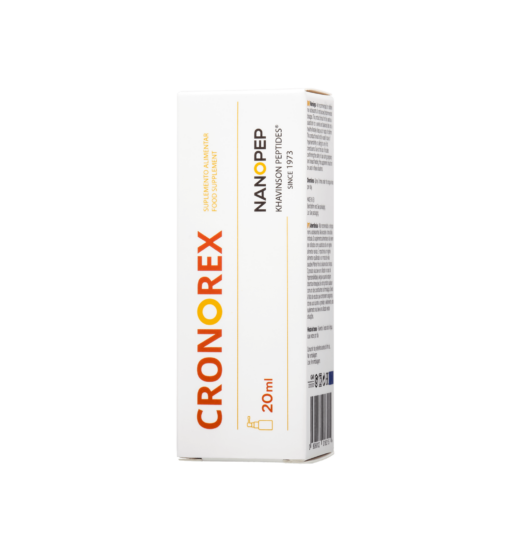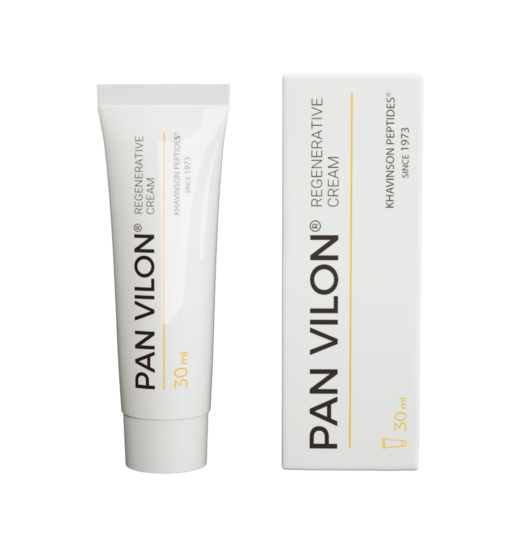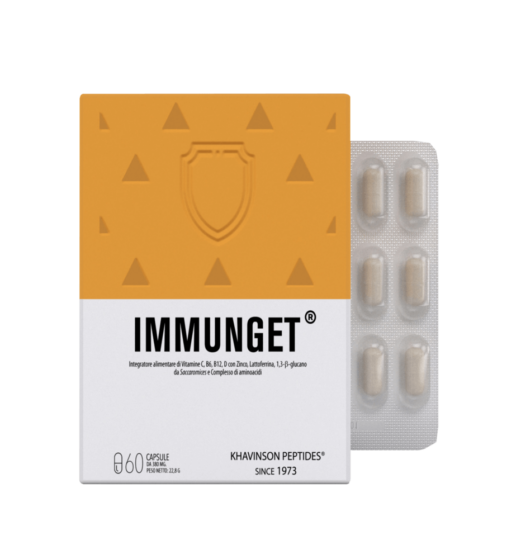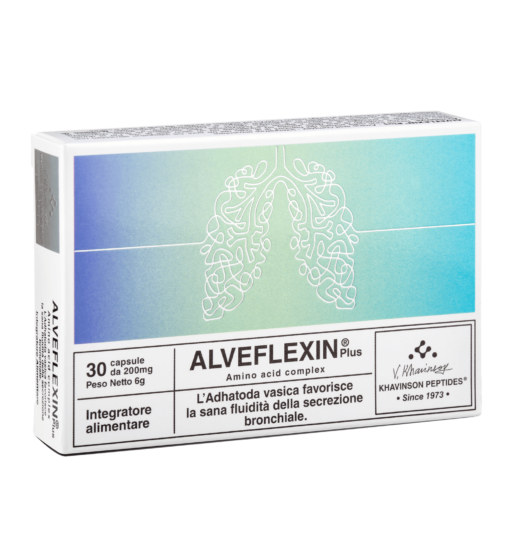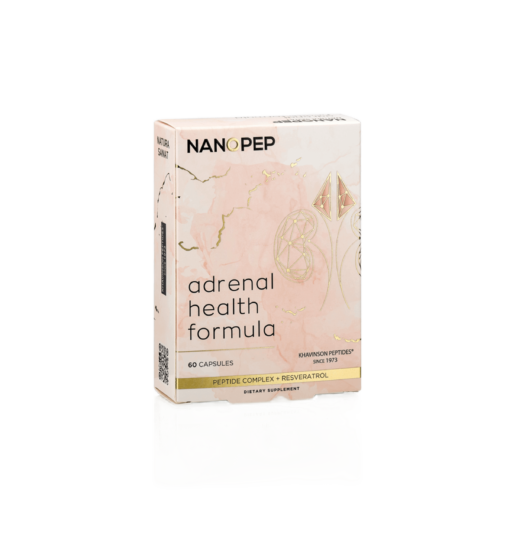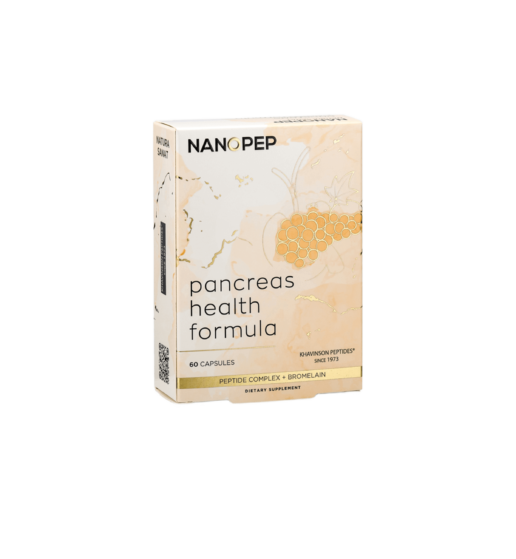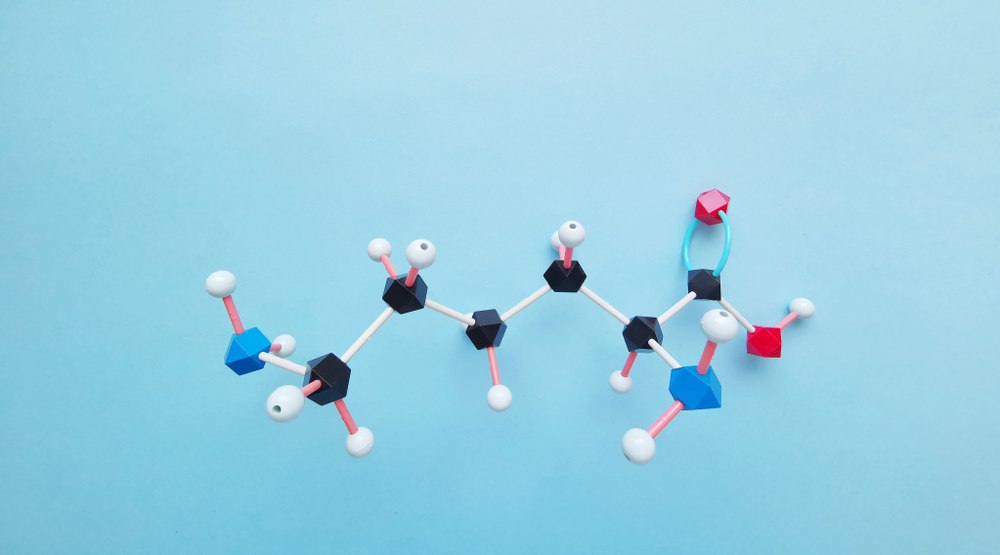
Better Sleep With The Help Of Peptide
A peptide is a biological compound consisting of short chains of the “building blocks of life,” or amino acids, linked by peptide bonds. When amino acid chains reach significant lengths, they are called proteins. The number of peptides that can be formed with different combinations of amino acids is very large.
The nomenclature of bioregulator peptides varies depending on the number of amino acids that constitute the chains:
- < 20 amino acids = oligopeptides
- 2 amino acids = dipeptides
- 3 amino acids = tripeptides
- 4 amino acids = tetrapeptides
If a peptide contains 20 to 50 amino acids it is called a polypeptide, while above 50 amino acids it is a protein.
Proteins consist of different polypeptides and are often conjugated with binding substances such as coenzymes and cofactors and also with macromolecules such as DNA or RNA. Proteins have four different structures:
- Primary structure is the unique order in which amino acids are linked together to form a protein.
- Secondary structure refers to the coiling or folding of a polypeptide chain that gives the protein its three-dimensional shape.
- Tertiary Structure describes the complete three-dimensional structure of the polypeptide chain of a protein.
- Quaternary Structure refers to the structure of a protein macromolecule formed by the interactions between multiple polypeptide chains.
So, what exactly are different peptides, and what they do? Peptides include oxytocin (neurohypophyseal hormone), bradykinins (tissue anti-inflammatory ), hypothalamic hormones (which promote/inhibit pituitary hormone synthesis, like melatonin peptide), glutathione, and enkephalins (natural analgesics produced in the central nervous system).
Short peptides are very important bioregulators

Recent discoveries have shown that some peptides are able to modulate a variety of important physiological functions of the human and animal organism, which is why they are called bioactive peptides.
In particular, the 30-year research of Professor Khavinson, Director of the Institute of Bioregulation and Gerontology at the University of Petersburg, has highlighted the importance of short peptides in the bioregulation of many fundamental biological processes.
As a result of his discoveries, short peptides have become increasingly important in the clinic, and medical applications based on these key biological small molecules are becoming increasingly successful at international level as a supportive treatment for a range of diseases and disorders, such as insomnia.
Not only are short peptides able to regulate sleep, but they have many other benefits; for example, these bioregulators enhance and improve the function of organs and structures that are very important to the body, increase the functionality of the immune system, strengthen the efficiency of the brain and nervous system, and effectively counteract stress. Basically, the best bioregulator peptides are the short ones.
Melatonin is a key factor in the regulation of sleep-wake rhythm
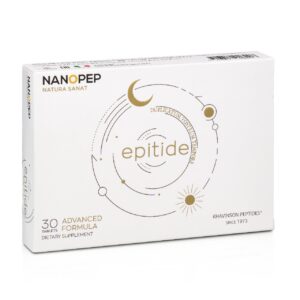
Melatonin is the best peptide for sleep and probably the most important hormone produced by the epiphysis (pineal gland), and it plays a key role in regulating the body’s biological rhythms by participating in the maintenance of homeostasis and coordinating the activities of the immune and endocrine systems.
Melatonin is synthesized in the absence of light by the pineal gland and determines the endogenous circahoralian rhytms. Shortly after the onset of darkness, its concentrations in the blood rise rapidly and peak between 2 and 4 a.m. and then gradually decline as morning approaches.
Exposure to light, particularly blue light of wavelengths between 460 and 480 nm, suppress melatonin biosynthesis, proportional to the light intensity and length of exposure.
Melatonin has been extensively studied and can be used in the treatment of insomnia by patients of all ages, and recent studies suggest a beneficial effect even in children. Some other studies claim that the use of melatonin facilitates the discontinuation of benzodiazepine therapies in patients with sleeplessness.
What can I do to get a better night’s sleep?
A good night’s rest is as important as regular exercise and a healthy diet. Scientific research shows that insufficient sleep has negative effects on brain function and hormonal, cardiovascular, and immune systems. Disorders such as insomnia can also decrease work performance, affect body weight regulation, and cause related diseases.
Here are some tips for getting adequate rest to improve health and fight sleeplessness:
- Expose yourself to daylight
- Reduce exposure to blue light in the evening hours
- Do not consume caffeine in the evening
- Reduce long or irregular daytime naps
- Try to fall asleep and wake up at regular times
- Take melatonin supplements
- Do consider other supplements
- Do not drink alcohol
- Optimize the bedroom environment
- Set the temperature of the bedroom
- Do not eat late at night
- Relax and clear the mind in the evening
- Take a relaxing bath or shower
- Get a comfortable bed, mattress and pillow
- Exercise regularly – but not before going to sleep
- Do not drink liquids before going to sleep
But does melatonin increase estrogen in males? Opposite to a popular myth, melatonin has no effect on estrogen production levels as it isn’t involved in the endocrine cascade of reproductive hormone production.
Peptide therapy helps enhance melatonin secretion
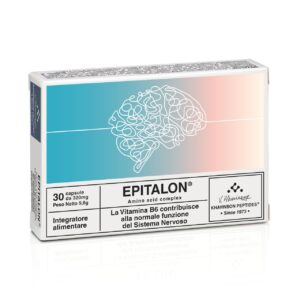
According to V. VH. Khavinson et al. short peptides such as EPITALON® and VILON®
have a direct effect on the level of melatonin released by type 2 pinealocytes, epiphyseal cells in which melatonin is synthesized from serotonin.
These bioregulatory peptides stimulate the synthesis of a key enzyme involved in the sleep-wake rhythm present in the cytoplasm of the cell and also the expression of transcription factors found in the nucleus.
Therefore, the intensification of melatonin synthesis under the effect of these short peptides can modulate the cytoplasmic and nuclear structures of epiphysis cells, indicating that they act by stimulating pinealocytes to synthesize melatonin and increasing its level in the blood.
This is very important for maintaining good levels of this hormone in the bloodstream, because melatonin production is minimal in early life, increases in youth, and then declines again in late adulthood and old age.
The best time to inject peptides or take them orally is twice a day — after you wake up and approximately 30 minutes before you go to sleep at night.

Thyroid Disease: What It Is, Causes, Symptoms & Treatment
Read
Hormonal Imbalance: Causes, Symptoms & Treatment
Read
Unleash your healing power with peptides: how to use the magic of peptides for optimal health
Read
What are good peptides for menopause?
Read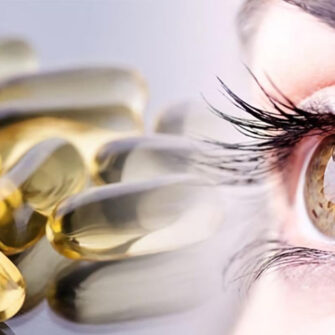
Peptides For Eyesight: Fight Macular Degeneration
Read
How do Ultra Short Peptides from Prof. Khavinson work
Read

